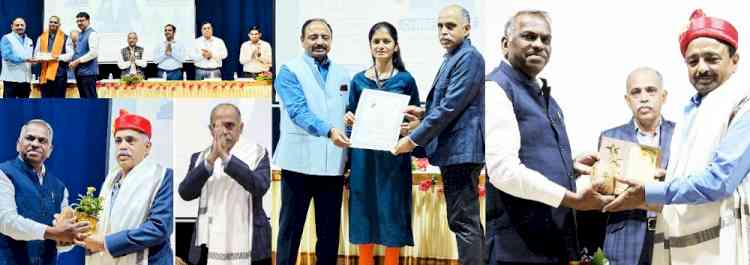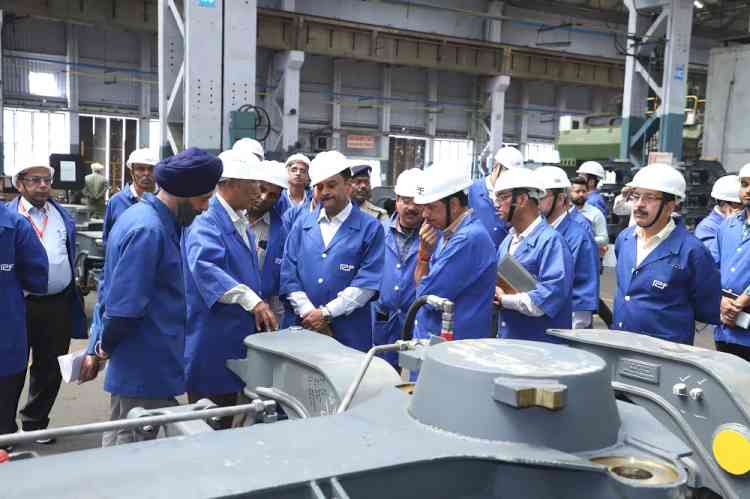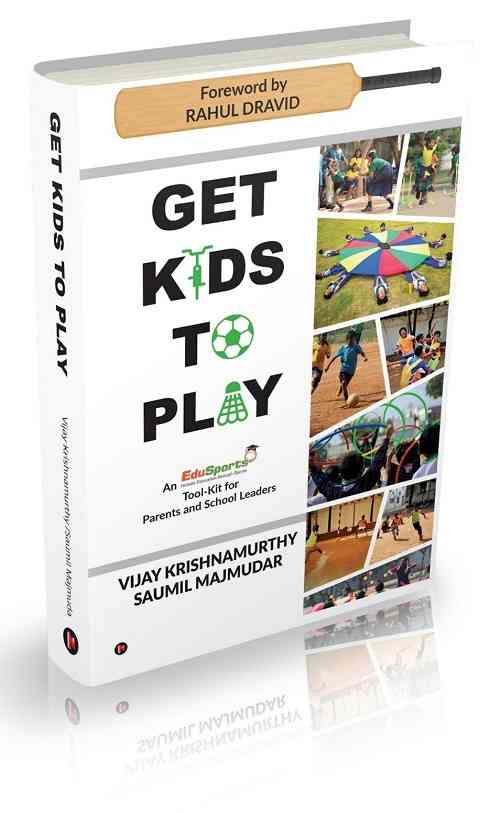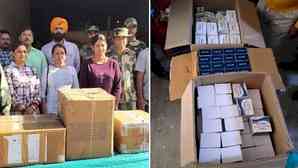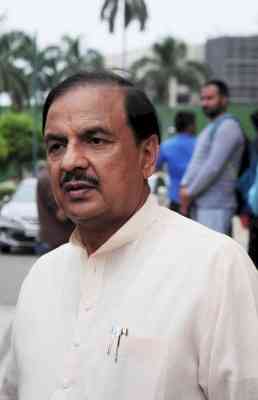UGC-DRS II national seminar titled “Towards Indian Theory/Theories of Cultural Studies” inaugurated

Chandigarh, March 14, 2019: The two-day UGC-DRS II national seminar titled “Towards Indian
Theory/Theories of Cultural Studies” was inaugurated at the Department of English and Cultural Studies, Panjab University, Chandigarh, on 14 March 2019. The inaugural session was graced with the presence of Prof.Raj Kumar, esteemed Vice Chancellor, Prof.Bijoy Boruah, visiting professor at IIT Ropar and keynote speaker, Prof.Deepti Gupta, the chairperson, Professors Rumina Sethi and Akshaya Kumar, organisers, in addition to faculty members and large number of scholars from the region. Coordinator of the DRS – II, Prof.Rumina Sethi welcomed the Vice Chancellor, guest speakers, and research scholars to the seminar and spoke about the need to engage with the concepts of culture, tradition and antiquity in a balanced way and distinguish between Indian theories of culture and cultural studies in India.
The Vice Chancellor, Prof.Raj Kumar delivered the presidential remarks. He emphasised the need for such multidisciplinary programs by linking the various domains of knowledge of the globalised world.
Prof.Akshaya Kumar pointed towards urgent structural changes needed in the critical system and traced the trajectory of English Studies in India within the new imperative of Cultural Studies. He set the focus of the seminar on debates of the post-1947 era. He shared his views on the philosophical nature of the Indian freedom struggle and mentioned how theories emerging from this era are crucial for our understanding of culture.
The keynote speaker, Prof. Bijoy Boruah, addressed the audience about the importance of creatinga dialogic encounter between tradition and innovation for the affirmation of the self in a living text as well as in lived reality. Very skilfully,he yoked the binaries of tradition and innovation in a seamless thread pointing to the need of a pluralistic approach to life.
The session was proceeded further with a lecture by Prof.Sudhir Kumar. He drew attention to the Gandhian approach to culture and literature. He discussed Gandhi as a chaotic thinker whose experiments with truth have drawn encouragement and criticism alike.
He talked about Gandhi’s ideas of Satyagraha, Swadeshi, Sarvodaya, and Dharma and the relevance of these ideas for the understanding of Culture. Prof. Simona Sawhney, from IIT Delhi, questioned the need of an Indian cultural studies in a globalised world. She used Bhagat Singh’s life and testimonies to argue that researchers must employ cultural theories indiscriminately if they can justify them rather than search for a ‘pure’ Indian theoretical basis. Prof. Sumanyu Satpathy, current fellow at IIAS and former faculty member at Delhi University, discussed the uses of controversy in the Indian context.

 cityairnews
cityairnews 






